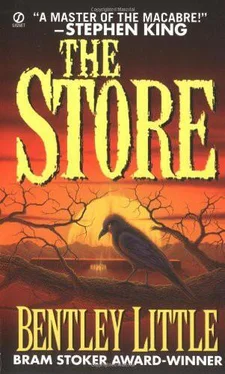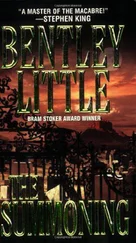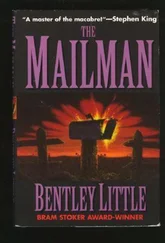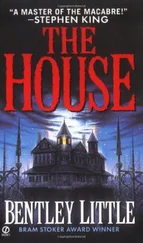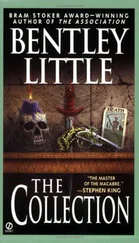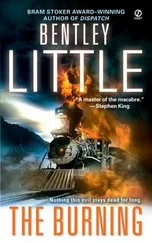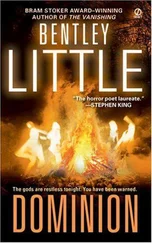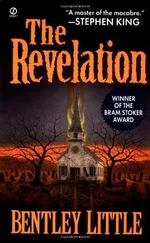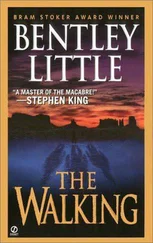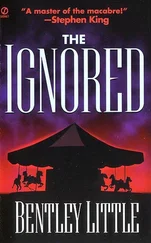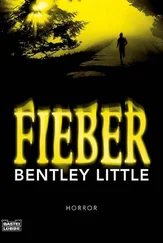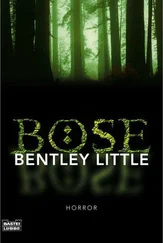He knelt in front of her.
She did not try to pull her foot away this time. As much as she hated to admit it, she liked the subservient position he held, liked the fact that he had to look up at her while she looked down at him. It seemed sexy, and she found herself wishing that she'd worn a skirt instead of pants.
He said nothing, but looked up at her, smiled, put his mouth around her big toe and began to suck.
Frieda closed her eyes, leaned her head back, tried to give him more of her foot. She'd never felt anything like this. The sensation was exquisite, and she arched her back, trying to keep herself from moaning.
He sucked each and every toe.
On both feet.
Finally, she opened her eyes. She glanced around. There were people talking behind the row of pumps in front of her, other people with shopping carts passing by the main aisle, but she and the clerk were alone by the chairs and no one had seen them.
The clerk smiled slyly at her. "Would you like to try the sandals on now, ma'am?"
"Uh, no," she said, still breathing heavily. "That won't be necessary."
She stood in her bare feet, patted down her hair, smoothed out her pants.
"I'll take two pair," she said.
ELEVEN
1
Bill never would have expected it of himself, but he had become addicted to local politics. He went to all public meetings now -- planning commission, sanitary district, town council. He'd never realized before how uninvolved most people were with their government. Theoretically, local politics was the arena in which people had the greatest voice. Its participants were most responsive to individual concerns because their constituencies were so small. Yet people were more familiar with national politicians -- even national politicians from other parts of the country -- than they were with their own locally elected officeholders.
They might have more control over local politics than national politics, but they were also a lot less interested in it.
Until recently, he himself had been one of the uninvolved. He'd voted in every election, but his votes had been based on general perceptions rather than specific knowledge. He'd been of the if-it-ain't-broke-don't-fix-it school, and if he hadn't heard anything bad about a town council member or a county supervisor, he had assumed that they were doing a good job.
He no longer made such assumptions. If he had learned anything from attending these meetings, it was that decisions were constantly being made that negatively impacted people's lives but that most people never learned about.
Which was one of the reasons he'd become such a fanatic meeting attendee.
That and the fact that he found it all so fascinating.
The town council meeting didn't start until six, but he was in his usual seat next to Ben by five forty-five. The editor was the only person in the council chambers and was busily circling items on the agenda that he could later expand into separate stories for the paper. A half-eaten tuna sandwich lay in an open baggie on his lap.
"You might find this interesting," Ben said, tapping a circled agenda item with his pen. "Apparently, The Store is not just building the new park, it's going to be responsible for park maintenance. The town's going to let one of its maintenance people go."
"Who?"
"Greg Lawrence."
"Don't know him."
Ben shook his head. "I guess we'll find out for sure tonight, but word is that Store employees are going to be assigned to clean up the park, trim trees, water and mow the grass, whatever."
Bill snorted. "Taking jobs everywhere they go."
"It's the American way."
The meeting was called to order fifteen minutes later. As usual, the council chambers were less than half full. There was only Ben, himself, a handful of retired people and local gadflies, and assorted individuals with items pending before the council.
After the pledge, the prayer, and the other opening formalities, the meeting got underway with the park maintenance issue. The agenda item was read, seconded, and as it was considered "old business," there was no opportunity for public discussion. The council unanimously agreed to accept what Councilman Bill Reid referred to as "The Store's gracious and generous offer" to provide all maintenance for the new park.
Greg Lawrence was laid off.
The mayor himself introduced the first item of "new business," the town's projected revenue shortfall for the next fiscal year. He read aloud a summary report from Juniper's financial manager stating that if the town's operating expenses remained at the current level, Juniper would run out of money before the fiscal year was half over.
"Obviously," the mayor said, "there's going to have to be some belt tightening. As we all know, the county is having financial problems of its own and has appropriated a large chunk of the property tax revenue that used to go to the towns."
"That's _supposed_ to go to the towns," Bill Reid said.
"Exactly," the mayor agreed. "And the result of this is that all we're really left with is our sales tax revenue. And with our tax base shifting, with our downtown businesses taking a hit because of Juniper's recent economic realignment, sales tax revenues are down considerably."
The mayor cleared his throat. "We also have a major unanticipated expense that we're going to have to encumber over to the next budget year. If you recall, as part of our incentive package to bring The Store to Juniper, we promised to ensure easy access for all vehicles entering The Store parking lot.
They initially wanted an extra lane, a turn lane, constructed on the eastbound side of the highway, and we compromised by restriping that section of road and promising to constuct the lane if it proved to be necessary.
"Well, a representative of The Store has formally submitted a written request for the new lane, and our own traffic study has confirmed that the restriping is indeed inadequate for the flow of traffic generated by The Store."
He cleared his throat again. "Which is a fancy way of saying that we are legally obligated to construct an access lane running from milepost 260 to The Store entrance."
"Where are we going to get the money for that?" Hunter Palmyra asked.
"Staff has proposed that we cut back on street maintenance, park and recreation programs, and other nonessential services. In addition, we should consider increasing building permit fees and dog licensing fees, charging for fire calls and police calls that don't result in action by safety officers false alarms, basically -- and we should look into contracting out specific services that are currently performed by town employees."
"I, for one, would like to see a breakdown of each proposed fee increase, and how much we would save from eliminating each program, service, or job position." Palmyra said. "I don't think any of us have enough information at our disposal right now to be able to intelligently address this issue, much less make any decisions."
"I make a motion that we postpone discussion of the revenue shortfall until our next meeting," Bill Reid offered, "and that staff provide us with the appropriate reports."
"Seconded," Palmyra said.
The mayor nodded. "Let's put it to a vote. All in favor?"
The hands of all five council members went up.
"All opposed?"
No hands.
"The motion has been carried unanimously."
Ben leaned over. "That means it'll be 'old business' next meeting," he whispered. "The public won't be able to comment. Pretty clever, huh?"
Bill did not respond. This whole meeting, the way it was being conducted, the subjects that were being discussed, none of it sat well with him. These five men -- two of them real estate agents, one a developer who had only moved to Juniper three years ago, one a retired civil servant from back East, one a retired AT&T supervisor -- were cutting jobs, laying off local workers, changing the entire face of the town in order to accommodate The Store. It wasn't right, it shouldn't be allowed to happen, and he wanted to stand up and make an impassioned speech on behalf of the local citizens and their rights and their concerns, but he didn't know what to say or how to say it, and he remained silently in his seat.
Читать дальше
